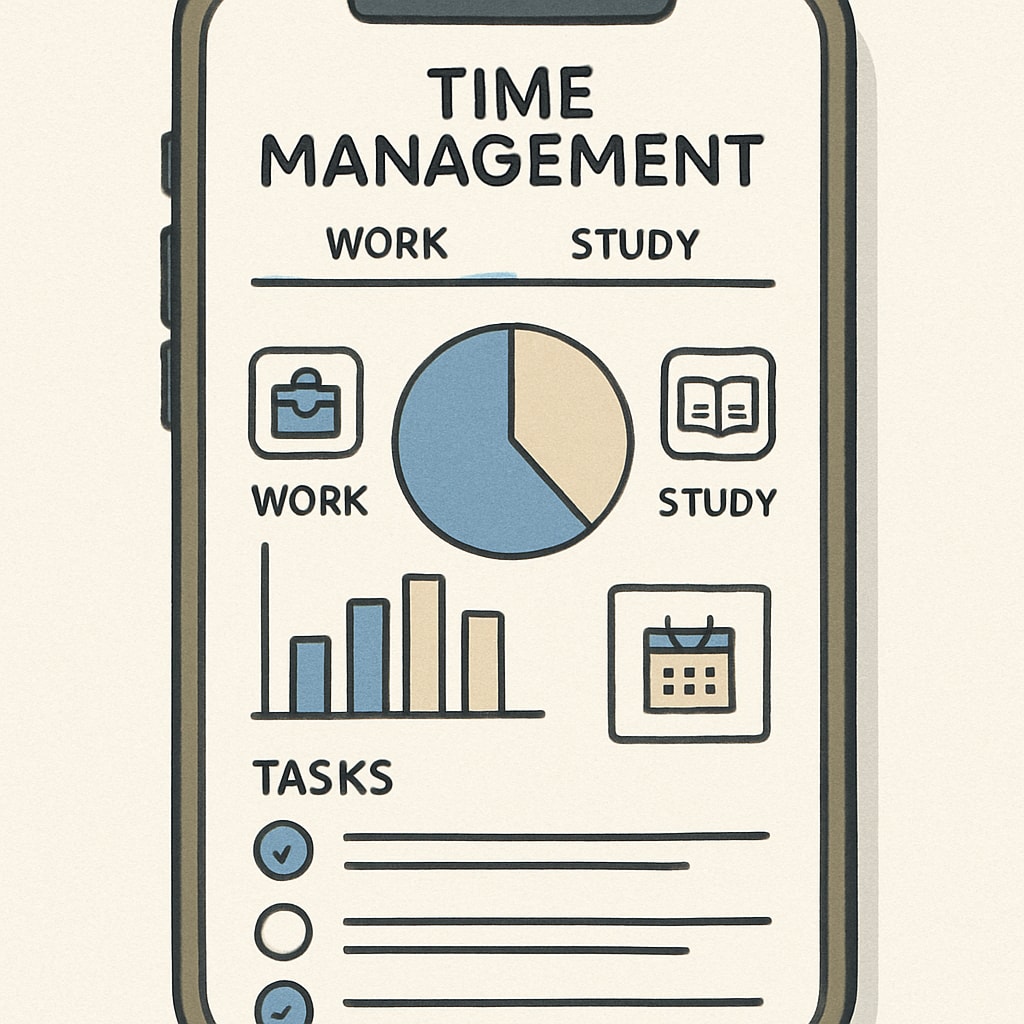Pursuing a master’s degree mid-career can be both an exciting and daunting decision. For professionals aiming to enhance their career development, the challenges of time management and the evaluation of its true value often come to the forefront. Balancing work, education, and personal life demands a strategic approach, ensuring that professionals can achieve their academic goals without compromising their current career success. This article will explore the realities of this journey, highlighting the benefits, challenges, and practical strategies to manage it effectively.
The Value of a Master’s Degree in Career Progression
In today’s competitive job market, the demand for advanced degrees has grown significantly. A master’s degree can provide deeper expertise, open doors to leadership roles, and potentially increase earning potential. According to Britannica, higher education often offers individuals the chance to expand their professional networks and gain specialized knowledge that directly applies to their field. For mid-career professionals, this can be a way to pivot into new industries or enhance their reputation in their existing roles.
However, the return on investment (ROI) of a master’s degree depends on various factors, including industry requirements, the reputation of the institution, and the individual’s career goals. For example, in fields like technology or healthcare, advanced degrees are often critical for advancement. Conversely, in some industries, practical experience may outweigh formal education. Therefore, understanding the alignment between your career aspirations and the degree’s value is crucial before committing to this endeavor.

Time Management: The Greatest Hurdle
One of the most significant challenges for mid-career professionals pursuing a master’s degree is effective time management. Balancing work responsibilities, academic commitments, and personal life can be overwhelming. For example, professionals often face tight deadlines at work, while academic coursework requires dedicated study hours and project submissions.
To manage these demands, it’s essential to adopt strategies that streamline daily tasks. Consider these practical tips:
- Plan Ahead: Use digital tools like calendars and to-do lists to organize work and study schedules.
- Prioritize Tasks: Focus on high-impact activities and delegate or postpone less critical tasks when possible.
- Set Boundaries: Communicate clearly with employers, family, and professors about your availability and limits.
- Leverage Online Learning: Many master’s programs now offer flexible online formats, allowing students to study at their own pace.
In addition, maintaining healthy habits, such as regular exercise and sufficient sleep, can improve productivity and reduce stress. These practices ensure that professionals stay physically and mentally prepared for their demanding schedules.

Strategies to Maintain Career Momentum
While pursuing a master’s degree, it’s crucial not to lose sight of your current career trajectory. Mid-career professionals often worry about being perceived as less committed to their jobs while studying. However, with the right strategies, you can maintain and even enhance your professional standing during this period.
Here are some steps to consider:
- Apply What You Learn: Use your coursework to solve real-world problems in your workplace, demonstrating your initiative and value to your employer.
- Seek Employer Support: Some organizations offer tuition reimbursement or flexible hours for employees pursuing further education.
- Network Strategically: Leverage connections from your master’s program to explore new opportunities and gain fresh perspectives.
- Keep Communication Open: Regularly update your manager on your progress, emphasizing how your new skills benefit the organization.
By integrating your academic journey with your career, you can turn potential challenges into opportunities for growth and innovation.
Is It Worth the Effort?
The decision to pursue a master’s degree mid-career ultimately depends on your long-term goals and personal circumstances. While the benefits of career advancement, skill enhancement, and expanded networks are clear, the investment of time, energy, and finances must be carefully weighed. For individuals in fields where advanced education is highly valued, the effort is often worth it. However, for others, alternative methods of professional development, such as certifications or on-the-job training, may offer a more practical solution.
Whether the journey is right for you depends on your ability to balance priorities and your commitment to seeing the process through. Remember, the goal is not just academic achievement but meaningful career development that aligns with your aspirations.
As you navigate this path, stay focused on your ultimate objectives and embrace the challenges as opportunities to grow. With proper planning and determination, mid-career professionals can achieve both academic and professional success.
Readability guidance: Break text into manageable sections, utilize lists to simplify information, and integrate transition words for flow. Keep sentences concise, and use examples to illustrate points.


